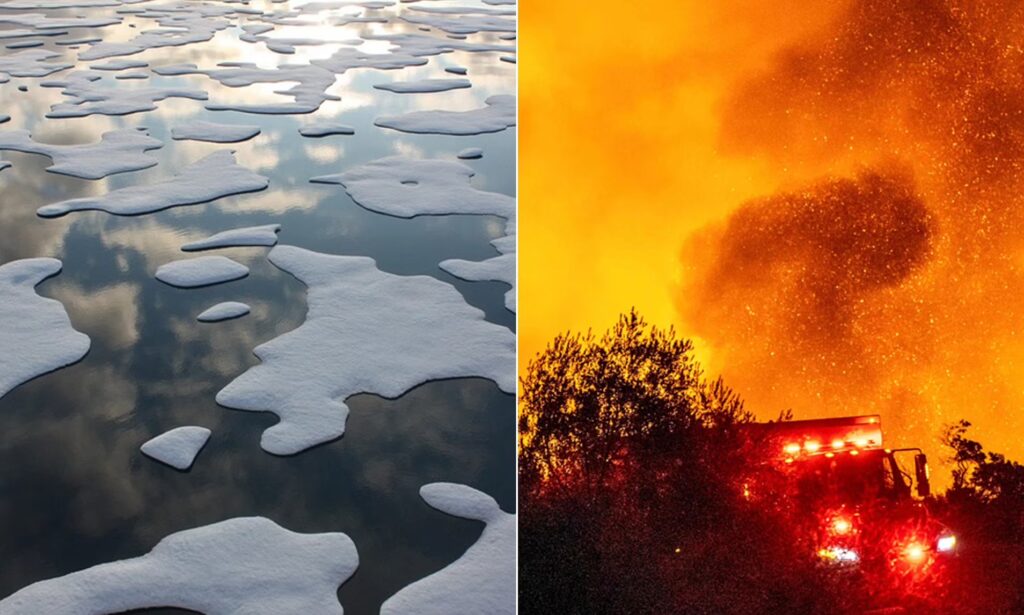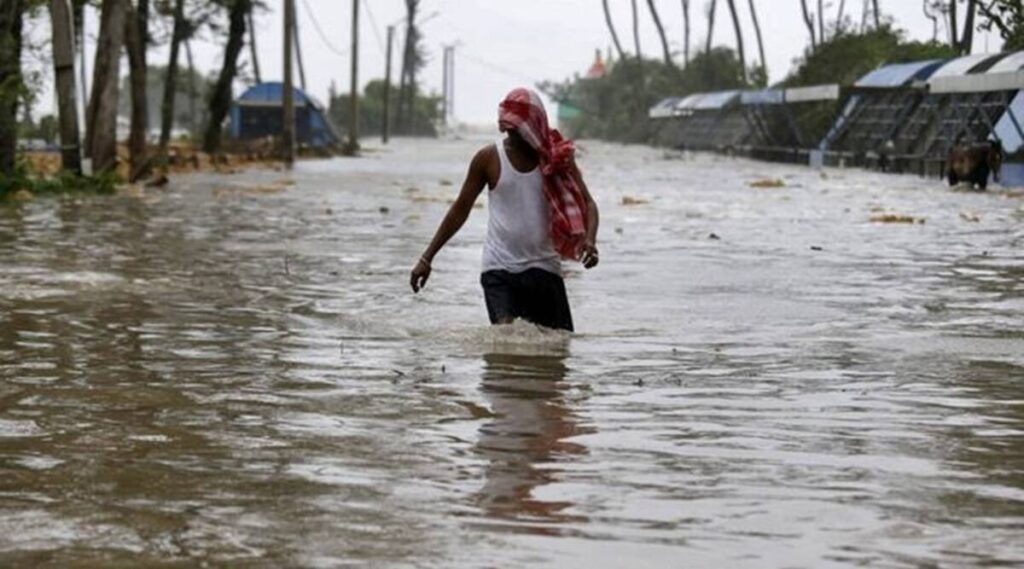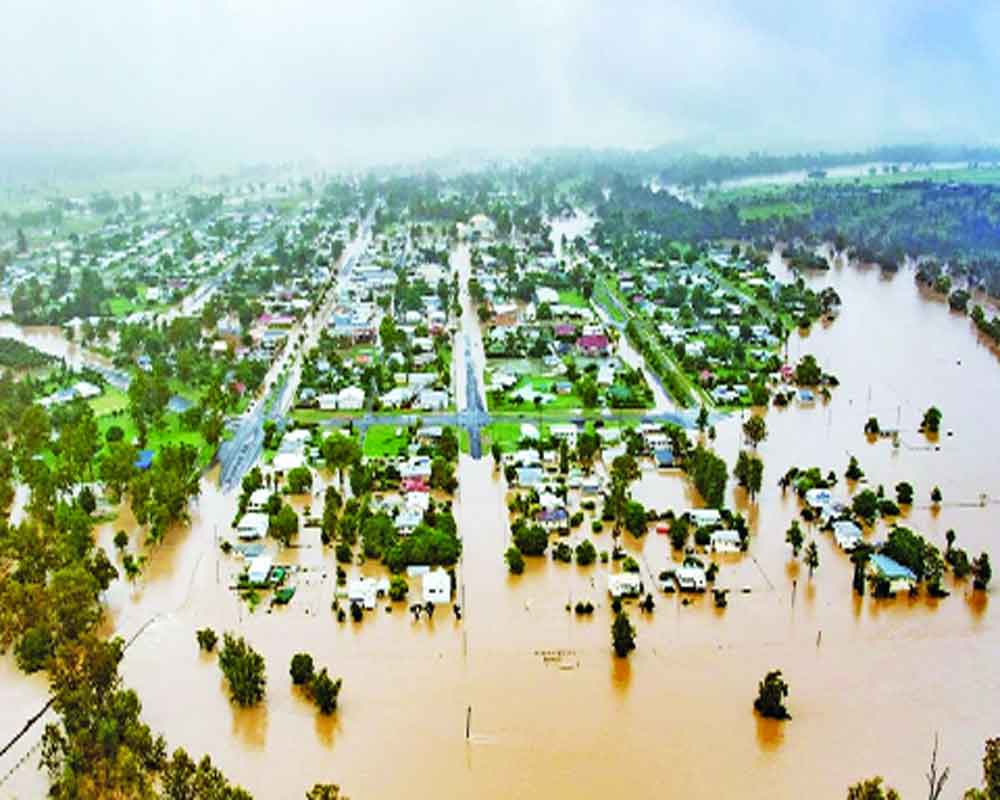
INTRODUCTION
Climate change is a global phenomenon that has been affecting the Earth for decades. It is caused by human activities, such as burning fossil fuels, deforestation, and industrialization, which release greenhouse gases into the atmosphere. These gases trap heat and cause the Earth’s temperature to rise, leading to severe environmental consequences. Scientists have issued a ‘last warning’ on climate change, stating that irreversible damage to the climate is imminent. In this article, we will discuss the implications of this warning and explore the steps that need to be taken to prevent further damage to the climate.
THE CURRENT STATE OF CLIMATE CHANGE
The Intergovernmental Panel on Climate Change (IPCC) recently released a report that described the current decade as crucial in terms of climate change. The report stated that the work done to address climate change in this decade would have an impact for thousands of years. The concentration of carbon dioxide in the atmosphere is the highest it has been in at least two million years, and the rate of temperature increase in the last 50 years has been the highest since 2000. The IPCC warned that no country in the world is ready to bear the consequences of climate change, and the increasing heat waves, droughts, and floods are already exceeding the tolerance limits of plants and animals, causing massive mortality in species such as trees and corals.

THE IMPLICATIONS OF IRREVERSIBLE DAMAGE
The UN has warned that there is still one last chance left to prevent future damage from climate change. However, scientists have issued a ‘last warning’ that irreversible damage to the climate is imminent. This means that if we do not take immediate action to reduce greenhouse gas emissions, the damage caused to the climate will be irreversible. The Earth will reach a state after which it will be impossible to repair the damage done to the climate. This will have severe consequences for the environment, including rising sea levels, extreme weather events, and the loss of biodiversity.
THE NEED FOR IMMEDIATE ACTION
To prevent irreversible damage to the climate, immediate action needs to be taken to reduce greenhouse gas emissions. The IPCC has set a target for the world to cut its greenhouse gas emissions by 60% by 2035 compared to 2019 to stay within the limit of global warming set under the Paris Agreement. This target requires a rapid transition to renewable energy sources and a reduction in the use of fossil fuels. The UN Secretary-General has urged the world to end the use of coal in all rich countries by 2030 and in all poor countries by 2040. Carbon-free electricity should be produced in the world by 2035.

CONCLUSION
Climate change is a global crisis that requires immediate action. Scientists have issued a ‘last warning’ that irreversible damage to the climate is imminent. The world needs to cut its greenhouse gas emissions by 60% by 2035 compared to 2019 to prevent further damage to the climate. This requires a rapid transition to renewable energy sources and a reduction in the use of fossil fuels. The consequences of inaction are severe, including rising sea levels, extreme weather events, and the loss of biodiversity. We must act now to prevent irreversible damage to the climate.
DISCLAIMER
The information provided in this article is for educational and informational purposes only. It is not intended to be a substitute for professional advice or diagnosis. The views and opinions expressed in this article are those of the author and do not necessarily reflect the official policy or position of any organization or agency. The reader is solely responsible for any actions taken based on the information provided in this article. The author and publisher are not liable for any damages or negative consequences arising from the use or reliance on the information provided in this article.

Insightful piece